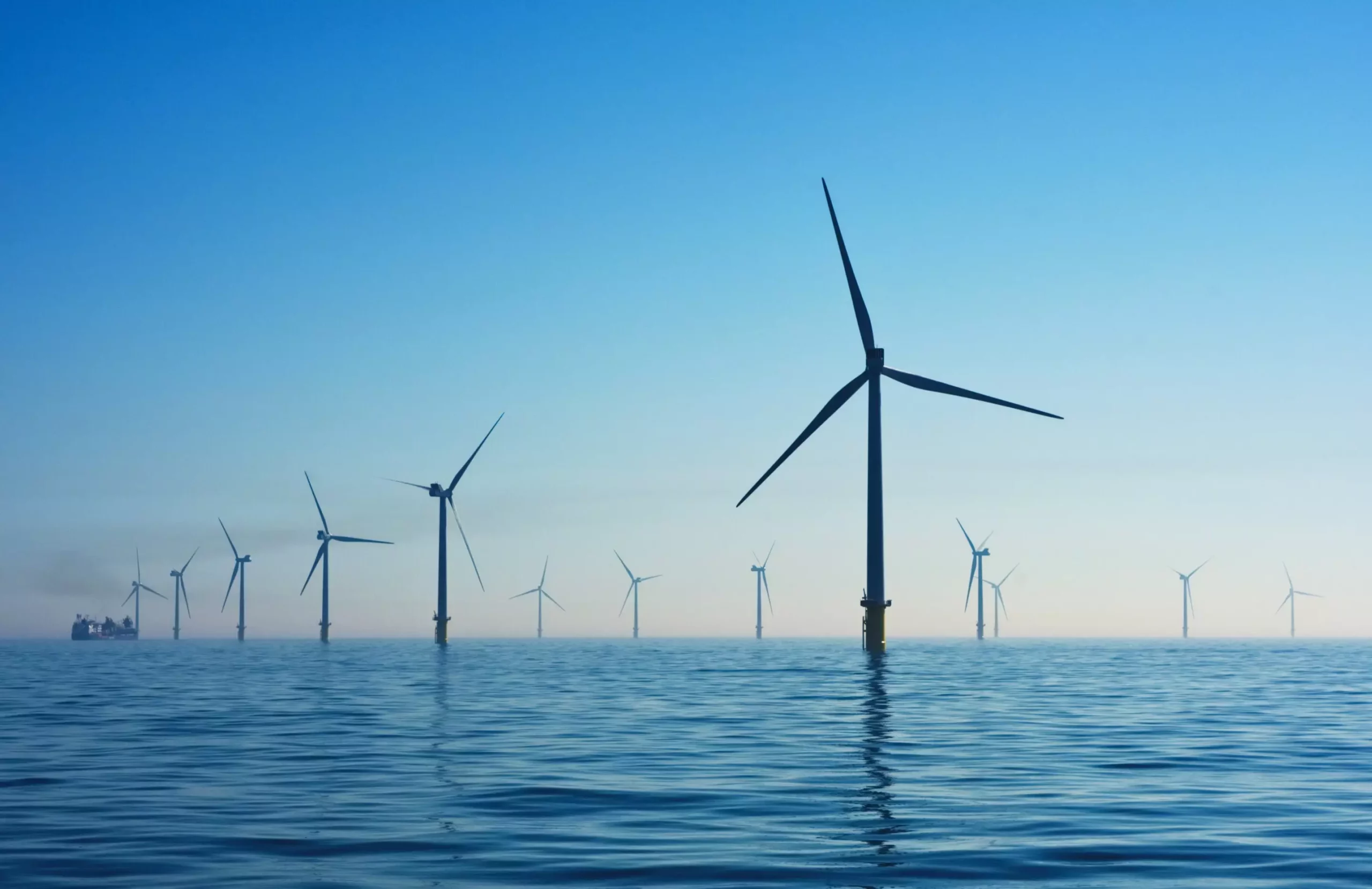In a significant confrontation pitting environmental protection against renewable energy initiatives, the residents of Nantucket have taken a bold step by petitioning the Supreme Court to review a controversial lower court ruling. This legal action, spearheaded by the community group ACK For Whales, comes on the heels of heightened tensions over offshore wind projects in the region, particularly following a notable turbine blade failure at Vineyard Wind. The outcome of this legal battle has the potential to redefine how offshore energy projects are handled concerning their ecological impact, especially concerning marine life.
Nantucket, a quaint island community known for its breathtaking landscapes and rich biodiversity, has emerged as a focal point in the nationwide debate over offshore wind energy. The island’s peaceful existence has been disrupted by the impending project that threatens not only the local ecosystem but also the endangered North Atlantic right whale. The judicial disagreement centers around whether federal agencies, particularly the National Marine Fisheries Services, acted within legal bounds when they expedited approvals for the 62-turbine wind farm without adequately addressing the environmental ramifications outlined in the Endangered Species Act (ESA).
The backdrop of this dispute is not merely procedural. A federal appeals judge recently dismissed ACK For Whales’ concerns regarding the potential “decimation” of the North Atlantic right whale population due to construction activities. The ruling asserted that the court had to respect the federal agencies’ interpretation of the ESA. This interpretation has rung alarm bells among advocacy groups that fear significant ecological consequences resulting from accelerated offshore wind developments.
The aftermath of a turbine blade failure last July has intensified skepticism regarding the safety measures surrounding the wind farms. Vallorie Oliver, president of ACK For Whales, pointed out that the incident—combined with existing evidence regarding threats to endangered species—exemplifies the risks the government is willing to overlook in favor of quick approval for politically driven projects. Such perceptions raise questions about the integrity of decision-making processes within federal agencies.
The situation embodies a broader debate: How do we balance the urgent need for renewable energy with the equally critical responsibility toward ecosystem preservation? The accusation that federal agencies are prioritizing political agendas over scientific evidence and marine conservation underscores the tension that often exists in discussions revolving around climate change and renewable energy initiatives.
As ACK For Whales moves forward with its petition to the Supreme Court, the outcome hinges on a pivotal question: who holds the authority to interpret statutory requirements embedded in regulations like the ESA? The group’s legal representation, Nancie Marzulla, has drawn parallels to the Supreme Court’s recent Loper Bright decision, which sought to diminish the administrative agencies’ unchecked interpretative power over statuary mandates.
Marzulla’s argument is that the dismissal by the First Circuit was a missed opportunity for judicial engagement in environmental law. By deferring to federal regulations, the courts may have inadvertently undermined the very protections designed to preserve endangered species in the face of rapid industrialization driven by the pursuit of renewable energy.
The legal battle is not solely about the future of offshore wind farms; it reflects a growing demand for accountability in how environmental assessments are conducted and enforced. ACK For Whales and other stakeholders are calling for a moratorium on offshore wind developments until thorough evaluations of ecological impacts are genuinely undertaken. The group emphasizes the necessity of employing the best available scientific and commercial data in all decision-making processes concerning renewable energy projects.
Both sides of the dialogue recognize the importance of renewable energy in combating climate change. However, it is critical to scrutinize how these initiatives are implemented to ensure they do not inadvertently harm the very ecosystems they seek to protect.
As Nantucket residents await the Supreme Court’s decision, the you can see the stakes are immensely high not just for their community but also for environmental advocacy across the nation. This case serves as an urgent reminder that the road to resilient renewable energy must not bypass robust ecological safeguards. It calls for a reconsideration of how we legislate for our future, ensuring that both wildlife preservation and renewable energy objectives can coexist harmoniously for the generations to come. As this situation unfolds, it will undoubtedly shape the discourse surrounding environmental law and energy policy moving forward.


Leave a Reply